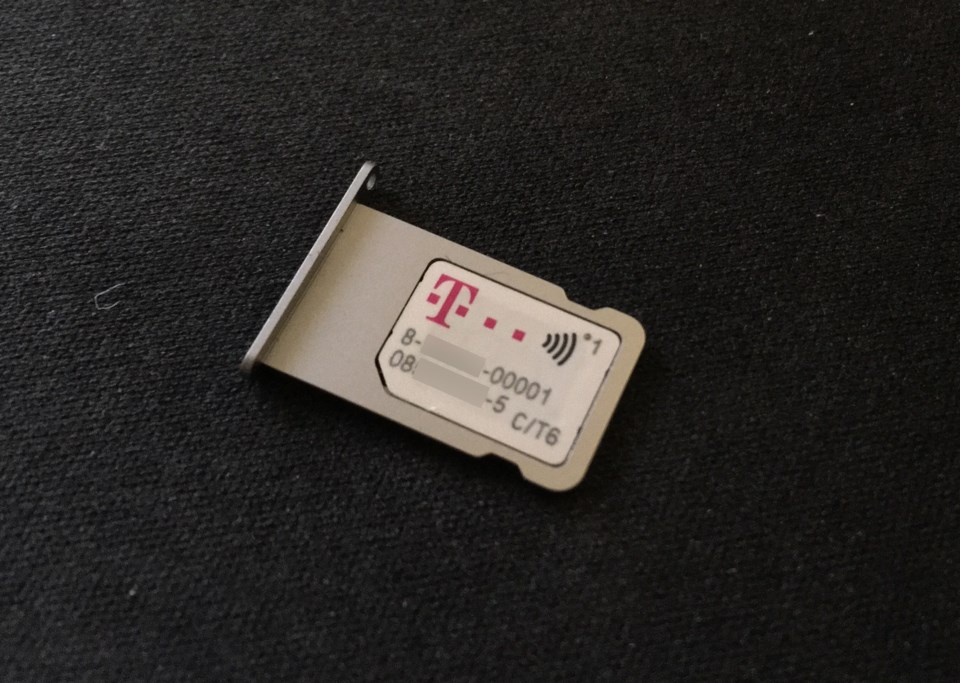The latest scam earning warnings from police involves fraudsters locking you out of your own phone and your accounts.
The Serious Fraud Office, the Ontario Provincial Police and the Canadian Anti-Fraud Centre are all raising the alarm after receiving numerous reports from victims that crooks are using SIM swapping and phone number porting to gain access to email, social media and bank accounts.
Gaining access to your phone and accounts in the fashion gives these scammers access to your personal information, calendar, contacts and money. This opens a world of possibility for fraud.
"Fraudsters may empty your bank accounts, apply for credit in your good name, or impersonate you to defraud your entire contact list," the OPP warned in a news release. "In the meantime, you lose access to your mobile service, are typically locked out of all your accounts, and are left scrambling."
It works like this: The SIM card connects your phone number and mobile service to your device. The apps you download connect to your mobile device (and therefore your mobile service) by way of the SIM card, mostly by linking to your email address, phone number or both (if you set up two-factor authentication).
To gain access to your accounts, the scammer impersonates you, often by claiming the phone (your phone) has been lost or stolen. They will then use your phone number and link it to a new SIM card and a new phone that the fraudster controls.
From there, all the scammer has to do is downloads popular apps (calendar, banking apps etc) and use the 'Forgot Password' function all apps use. If an account is associated with your phone number or email address, the fraudster will receive a verification code. They will then use this code to confirm ownership of the account, create their own password and take over your accounts.
Keep your information safe:
- Keep your personal information personal. It is as simple as not publishing your date of birth on social media.
- Do not answer phishing emails or text messages looking for you to confirm your password or update your account information.
- Use an offline password manager.
- Contact your phone provider and ask about additional security measures that may be available.
- If you lose mobile service on your device, contact your service provider immediately. Go with your gut. If a message seems fishy it probably is.
Call your local police service if you feel you've been scammed, or Crime Stoppers at 1-800-222-8477 (TIPS) or p3tips.com.
The SFO works in partnership with the Canadian Anti-Fraud Centre in educating the public with the release of fraud bulletins.



